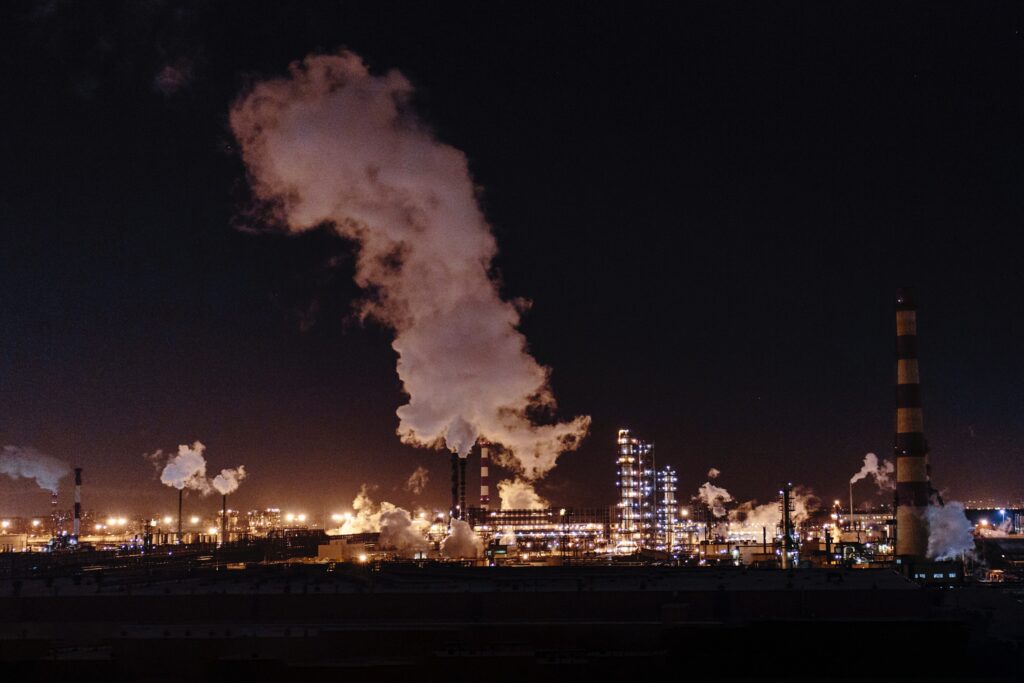Lun, Jun 27th 2022

Russia supplies 27% of the EU’s imported oil — something Russian President Putin has threatened to use against the EU as war in Ukraine escalates.
Amidst rising sanctions against Russia since its invasion of Ukraine, a handful of companies doing business through Geneva have actually increased their shipments of Russian oil, according to a new report in the Swiss newspaper Le Matin Dimanche.
More on the report
A Swiss company, which has asked for anonymity in the press, created the report by collecting data from ports and tracking the movement of tankers carrying Russian oil. They found that at least 20 companies have increased their Russian oil shipments since the start of war, with six of them having strong ties to Geneva.
While more prominent Swiss commodity traders, such as Glencore, Vitol and Trafigura, have diminished their Russian oil shipments, smaller companies have profited by doing their business through Switzerland unchecked.
“This data shows that at a time when the big players are withdrawing from the Russian oil market, some clever little guys – some opportunists – are slipping though the gaps,” commodities expert Jean-François Lambert told Le Matin Dimanche.

A cargo ship travels across the Black Sea carrying Russia’s biggest export: crude oil.
The players involved
Russian oil giant Lukoil has historically sold most of its product through its Geneva-based subsidiary Litasco, and two Chinese companies, Bellatrix and Livna. While outwardly Swiss firms have decreased Russian oil shipments, the Russian-Chinese trade has soared and is channeled through Swiss firm, Paramount Energy. The middleman has increased its shipment of Russian oil by nearly 65,000 barrels a day since February (nearly CHF 5 million per day).
This spring, Geneva-based oil trading firm Vitol announced it would stop trading Russian oil by the end of 2022. But while Vitol has decreased its Russian oil shipments by 200,000 barrels a day, its subsidiary company, Armur Trading, has allegedly increased its shipments by 18,000 barrels a day since the end of February.
Amid war, Switzerland pushed to define neutrality
When Le Matin reached out to Vitol for comment, the company said it will still strive to end all Russian oil activity by the year’s end.
Meanwhile, two smaller companies with connections to Switzerland, Mercantile & Maritime and Cetracore, have both grown their Russian oil shipments by about 10,000 barrels a day.

For now, Switzerland’s sanctions on trading Russian oil are not legally binding.
Is it legal?
Despite Swiss President Ignacio Cassis adopting EU sanctions on Russian oil, the activity is still legal. Experts say the Swiss government by December may embargo all Russian oil delivered by boat to Europe, with a ban on all Russian refined oil products in early 2023.
While Russia represents only 0.3% of Swiss imports of oil, power suppliers say the Swiss may still be in for electric outages.
El mercado suizo del lujo se resiente de las sanciones
Prepare for blackouts
Speaking to Swiss newspaper Blick last week, Axpo power company CEO Cristoph Brand says demand will likely outpace supply this winter in Switzerland.
“It also depends on meteorological factors. If we have a combination of too little rain, and our reservoirs are not full enough, too little wind in Europe, French nuclear power plants not coming on grid and a continuation of the Russian gas embargo, then it could get tight,” he said. Switzerland depends on the import of European power during winter months and about 50% of France’s nuclear power plants are down for repairs.
“If demand continues to grow and if uncertainty over imports continues to increase, then it’s a question of when, not if, Switzerland will face a power shortage and rationing become necessary,” he said.
Swiss government officials have advised business to explore options as how to ration electricity in coming months. Moreover, the Federal Electricity Commission projects that household electricity bills could increase by nearly 50% in 2023.
Este artículo puede compartirse y reimprimirse libremente, siempre que se incluya un enlace al artículo original.
